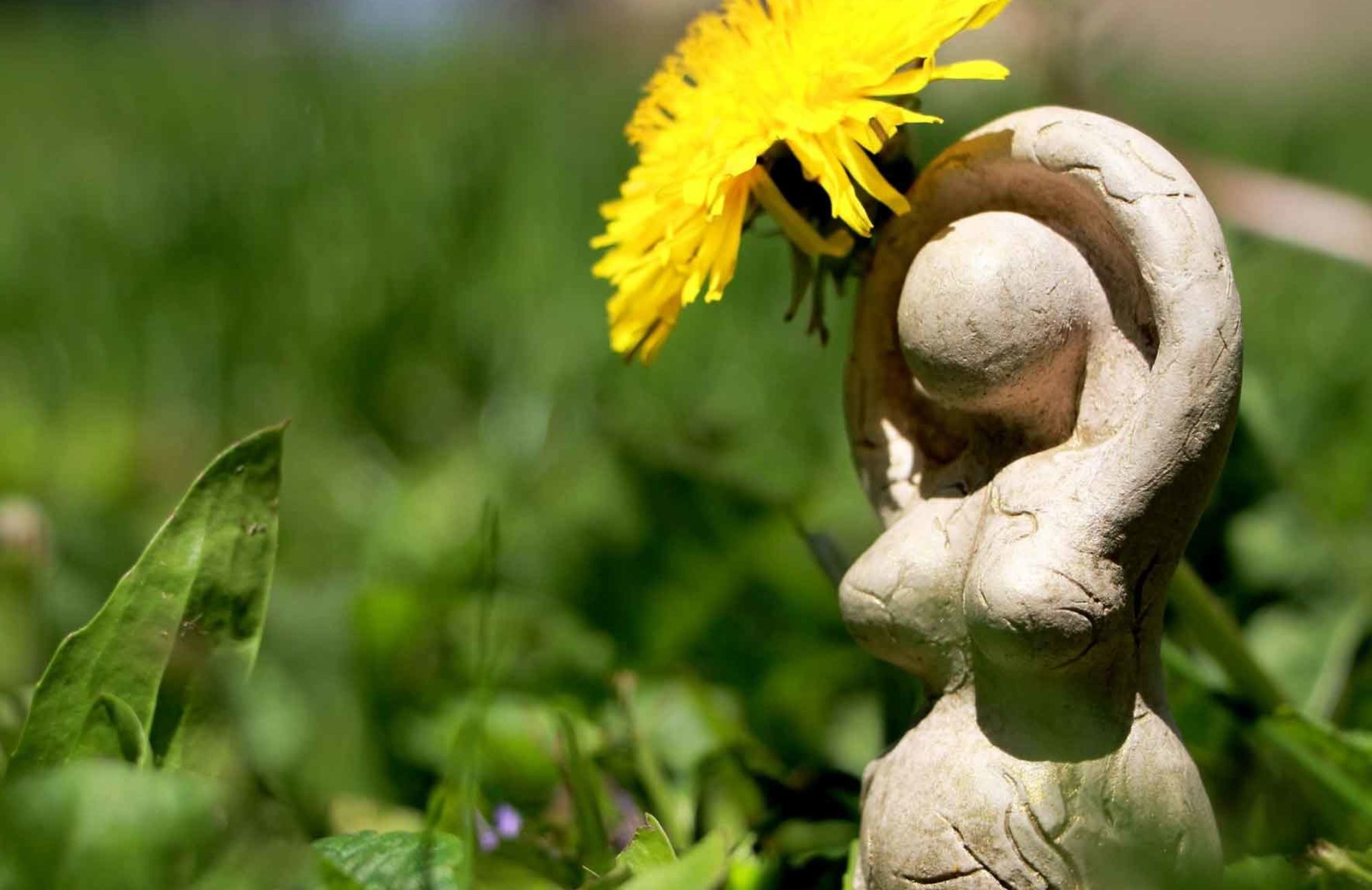“Decoding Delphi: Reconstructing the Technology of Divination“
with Dr. Vivien Monroe
Thursday, September 12, 2024 at 3 pm Eastern Time
REGISTER HERE

In ancient Greece there was an oracle so famous for her accurate, enigmatic, and poetic pronouncements that kings, generals, and pilgrims flocked from across empires to consult her. The oracle remained in operation for more than 1,000 years and counted among its supporters the philosopher Socrates and the mathematician Pythagoras. She was the Pythia of the Delphic Oracle.
My research questions are: What were the spiritual technologies used at the Delphic Oracle? How did the Greeks understand that the Oracle worked, and what role, if any, did gender play in the successful operation of the oracle? In order to answer these questions, I explore living divination traditions from West Africa. My decision to explore African systems of divination stems from my experience of witnessing numerous divinations in the tradition of the Dagara people of West Africa over a five-year period, including my own initiation as a diviner within this tradition.

Over the course of my exposure to Dagara divination technology, I noticed striking parallels between the Dagara tools and artifacts and chronicles of Delphic tools and artifacts. Because writers living contemporaneously with the Delphic Oracle did not discuss the details involved in the process of prophecy, we need to use living traditions to help reconstruct those that have been lost over the course of time. As I show in my dissertation, there is a scholarly tradition for utilizing comparative analysis.
I use archaeomythology and feminist theory to provide an original interpretation, deeper exploration, and advanced understanding of those archaeological artifacts that pertained to divination at Delphi. I offer one theory of the spiritual technologies in use at Delphi and hypothesize how these technologies may have facilitated one of the ancient world’s most accurate oracles. The significance of my findings is that by better understanding the spiritual science of divination at the Delphic Oracle, the modern West can better understand its ancient epistemological connection with divination and possibly reintegrate divinatory tools and practices into more of our modern life.

Vivien Monroe, PhD is an accomplished scholar and educator with a Ph.D. in Women’s Spirituality. Her area of expertise is divination, specifically focusing her dissertation on reconstructing the spiritual technology of the Delphic Oracle. Vivien’s experience extends beyond academia, as she is also a practitioner of divination, having been initiated into three styles of divination within the Dagara tradition, and is also a gifted tarot reader. She remains committed to continuing to learn and share about various divinatory practices. Vivien lives in the San Francisco Bay Area with her two doggie fur babies, Luke and Lilith.
~~~~~~~~~~~~~~~~~~~~~~~~~~~~
Save the Dates for future Salons:
Thursday, September 26, 3 PM Eastern Time
“Feasting on a Hekate Supper at the Crossroads,” with Kay Turner
Thursday, October 10, 2024 at 12 NOON
“Exploring Matriarchal Societies: Encounters and Insights from Around the World,” with Maria Haas

This Salon recording will also be available to members when processed after the event.


You must be logged in to post a comment.